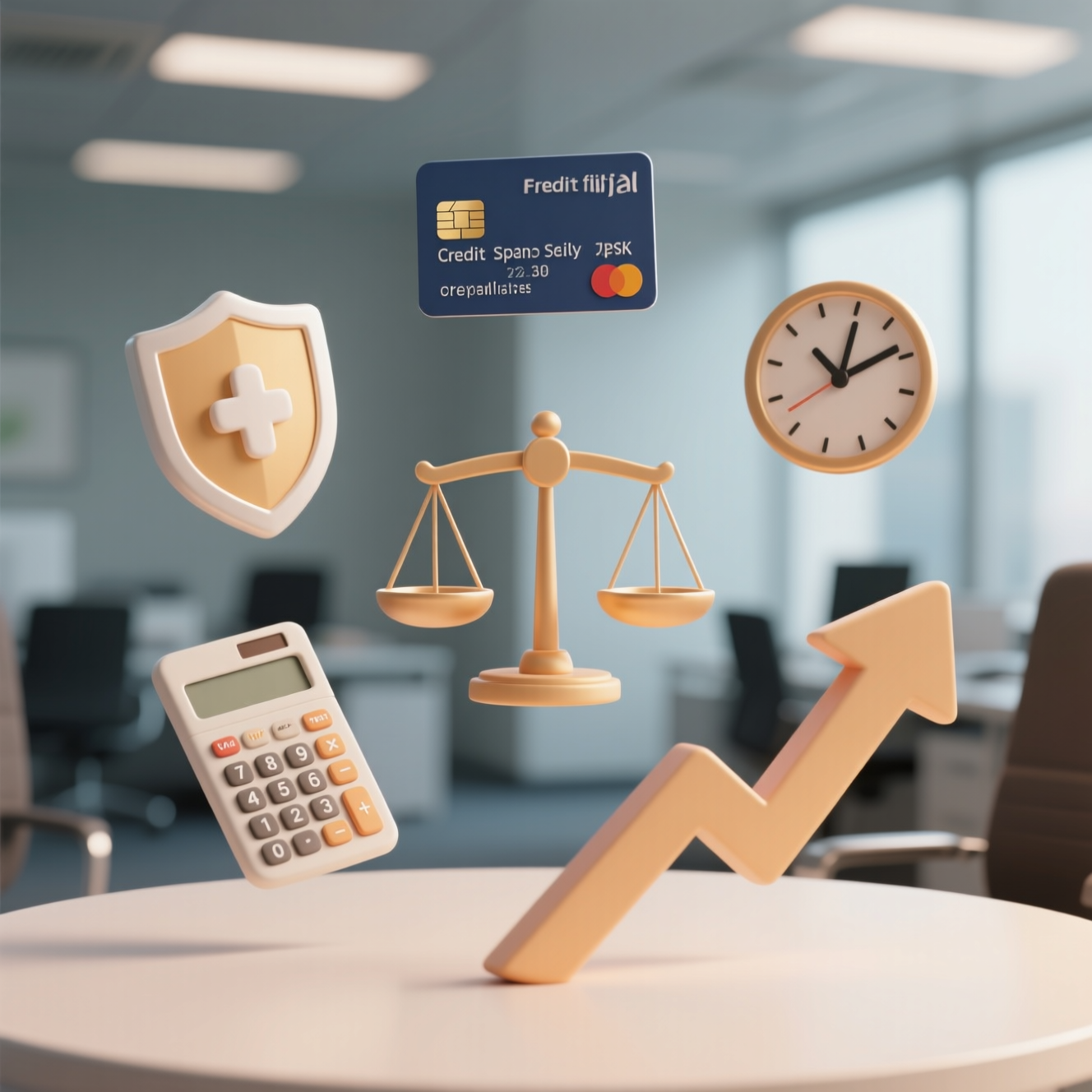What to Do if You Lose Your Job and Can’t Pay Your Credit Card Bills
Losing a job can be an incredibly difficult experience, especially when you have financial obligations like credit card bills.
However, it’s important to remember that you’re not alone, and there are practical steps you can take to manage this financial crisis responsibly and effectively.
Below, we outline strategies to help you navigate this challenging time.
1. Assess Your Financial Situation
Before making any decisions, conduct a thorough review of your financial status. List all your debts, including credit card balances, interest rates, and due dates.
Additionally, check your bank accounts, savings, and any other temporary sources of income (such as unemployment benefits or social assistance).
This will give you a clear picture of what you can afford to pay and what needs prioritization.
2. Contact Your Bank or Credit Card Issuer
If you know you won’t be able to make payments on time, contact your bank or credit card company immediately. Be honest about your situation and inquire about available options, such as:
Debt restructuring: Some banks offer programs to restructure your debt, allowing you to reduce or defer payments.
Temporary payment pause: Many institutions allow you to temporarily pause payments while you search for new employment.
Reduced fees or interest waivers: Ask about reducing interest rates or waiving late fees.
Maintaining open communication increases your chances of receiving assistance.
3. Prioritize Essential Expenses
During this tough period, it’s crucial to prioritize essential expenses like housing, food, and healthcare. If you need to cut non-essential spending, do so without hesitation. Consider:
Reducing or canceling non-essential services (cable TV, streaming subscriptions, etc.).
Selling items you no longer use to generate extra cash.
Seeking support from government programs or NGOs offering emergency financial assistance.
4. Seek Government Benefits
In many countries, there are programs designed to assist unemployed individuals:
Unemployment insurance: If you were laid off without cause, you may qualify for unemployment benefits that provide temporary income while you look for a new job.
Emergency aid: In specific situations, such as economic crises, governments may launch emergency assistance programs.
Social welfare programs: Depending on your household income, you might be eligible for transfer payments or other forms of social assistance.
Check the website of your local labor department or employment agency for more information.
5. Explore Alternative Sources of Income
While searching for formal employment, consider alternative ways to generate income:
Freelance or temporary work: Platforms like Fiverr, Upwork, Uber, or DoorDash offer quick opportunities for work.
Online sales: Use marketplaces like eBay, Craigslist, or Facebook Marketplace to sell unused items.
Courses or consulting: If you have specialized skills, offer courses or consultations online.
6. Consider Financial Restructuring
If your debts seem overwhelming, explore professional help:
Negotiation with specialized companies: Some firms can mediate negotiations with creditors to reduce outstanding amounts.
Debt consolidation: Combining multiple debts into one loan can simplify payments and lower interest rates.
Financial planning assistance: A financial planner can create a personalized plan to help you regain stability.
7. Avoid Impulsive Actions
In times of difficulty, it’s easy to fall into financial traps. Avoid:
- Taking out new loans with high-interest rates (e.g., overdrafts or revolving credit).
- Relying further on credit cards to cover daily expenses.
- Turning to informal lenders or “loan sharks,” which could worsen your situation.
8. Take Care of Your Mental Health
Losing a job and dealing with debt can be emotionally exhausting. It’s important to prioritize your mental well-being during this time:
- Talk to friends or family about your concerns.
- Engage in relaxing activities, such as meditation or exercise.
- Seek psychological support or join financial support groups if needed.
9. Plan Your Financial Recovery
Once you secure a new source of income, it’s time to start rebuilding your financial stability:
- Create a strict budget to avoid new debts.
- Set aside part of your income to build an emergency fund.
- Establish clear goals for paying off existing debts.
Conclusion
Losing a job and being unable to pay your credit card bills may feel insurmountable, but with proper planning and action, you can overcome this challenge.
Remember that seeking help is a sign of strength, not weakness. By negotiating your debts, prioritizing essential needs, and exploring new opportunities, you’ll take the first steps toward financial recovery.
Stay resilient and confident—this phase will pass, and you’ll emerge stronger on the other side!
Richard Lopez, the creator of the website and a professional writer with extensive experience in digital marketing, particularly in personal finance topics. When visiting finance.meu-dominio.com, you’ll find high-quality content guiding you through the subjects that are part of your daily life. Welcome to all!

How Brazilians Can Invest in U.S. Stocks: A Guide to Buying NASDAQ-Listed Shares
For Brazilian investors seeking global diversification, higher growth potential, and exposure to some of the world’s most innovative companies, investing in U.S. stocks — particularly those listed on the NASDAQ — is an increasingly popular and accessible option.

5 tips to use your credit card without getting into debt
Let’s be honest — credit cards get a bad rap. They’re often blamed for spiraling debt, sleepless nights, and financial meltdowns. But here’s the truth: credit cards aren’t the problem. How we use them is.

Best Cash Back Credit Cards of September 2025
As the U.S. economy continues to evolve in 2025—with shifting consumer spending habits, fluctuating interest rates, and increased competition among financial institutions.